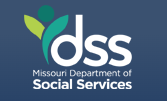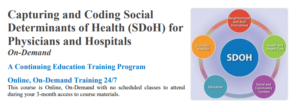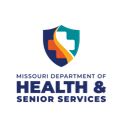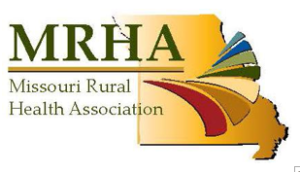April 25, 2024

Missouri Medicaid Tests New Transformation of Rural Community Health (ToRCH) Model
This new program aims to address social determinants of health and will have hospitals serve as community-based hubs, or regional leads, to direct strategy and coordinate the efforts of health care providers, community-based organizations (CBOs), and social service agencies within a designated rural community.
Medicaid funds will support hub activities:
- Leadership
- Data analysis
- Management of community partnerships
Community partners may request funds to pay for:
- Additional space
- Purchase IT or other equipment
- Purchase a vehicle
- Obtain new training for staff
Funds will also be available to reimburse CBO partners for approved health related social needs services identified in the ToRCH communities, such as:
- Supplemental health-related transportation
- Food and nutrition education
- Home-delivered medically appropriate meals
- Housing remediation to address health risks
The first cohort of six hospitals will begin on July 1 of this year.
Click Here to learn more about ToRCH








